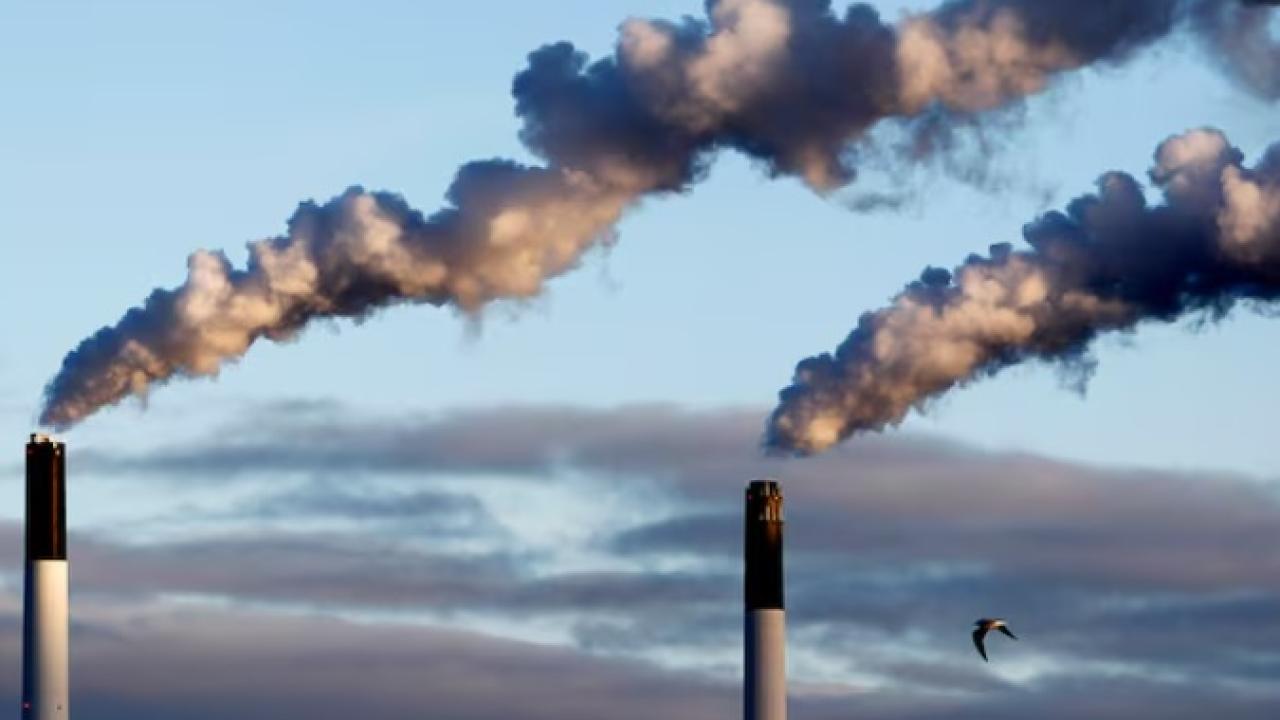
The bill, presented to Congress on Tuesday, increases the carbon tax rate. In Colombia, CO2 emissions from fuel combustion amount to 99.72 million tons. Despite this, the carbon tax only represents 0.23% of the country's total tax revenue.
On Tuesday, September 10, the Minister of Finance, Ricardo Bonilla, presented the financing law to the Congress of the Republic. With this project, the Executive plans to collect $12 billion pesos for the General Budget of the Nation for 2025, through increased tax collection, where several changes in taxes for individuals and companies stand out.
Among the main adjustments contemplated by this type of tax reform (limited to financing a part of the General Budget of the Nation), articles 20, 21 and 22 refer to changes in the carbon tax.
What is the carbon tax?
Law 1819 of 2016 created the National Carbon Tax, a tax that aims to discourage the use of fossil fuels in Colombia and offset the damage caused by carbon and greenhouse gas emissions. Broadly speaking, the tax is generated when a fossil fuel is sold in the national territory, when fuel is imported, and when a producer withdraws fuel for personal consumption.
The mechanics of this tax are simple: assign a rate that varies according to the amount of carbon emissions, which in turn depends on the content of polluting material in fossil fuels. In Colombia, CO2 emissions from the burning of fuels amount to 99.72 million tons, or 9.9% of total emissions.
In the case of gas, coal and petroleum derivatives, the tax is levied on sales made by producers on the date of issue of the invoice; on withdrawals for consumption by producers on the date of withdrawal, and on imports (on the date on which the gas, coal or petroleum derivative is nationalized).
Thus, producers and importers of gas, coal and petroleum derivatives are responsible for the tax.
The carbon tax is intended to be an instrument that, first, allows the effects of emissions to be offset and, second, stimulates investments in the private sector with a view to mitigation and conservation. However, this tax does not have a significant weight in terms of revenue collection.
As indicated in the financing law document, published on Tuesday, this tax only accounts for 0.23% of the country's total tax revenue. According to the Treasury, this "reduces the resources available for conservation and mitigation actions." In addition, for the Government, the low relevance of the tax may indicate that it is not fulfilling its primary objective: discouraging the consumption of fossil fuels.
That is why the Executive has submitted a proposal to Congress to change the carbon tax. Incidentally, the adjustments are not only intended to have “more weapons” to fight climate change, but also to increase tax collection in a complex fiscal situation, such as the current one.
This is what the new carbon tax would look like
Currently, the carbon tax is levied at a rate of $25,799.56 (US$6.15) per tonne of CO2 equivalent and this tax increases one percentage point above the variation of the Consumer Price Index (CPI) of the previous year, until gradually reaching the equivalent of three UVT per tonne of CO2.
The financing law proposes an increase in the rate to $75,000 (US$ 17.86) per ton of CO2. The draft document indicates that the limit of three UVTs will be maintained.
"The measure allows the annual rate increase process to be brought forward so that the three UVTs can be achieved more quickly, in line with the need for climate change containment measures to be implemented in the short term," reads the document of the financing law.
In addition to the above, it is proposed to level the carbon tax between fuels, so that the same CO2 emissions pay the same level of tax.
Would this proposed increase in the carbon tax impact inflation? The question is valid, since one might think that a tax on fuel producers and importers would be passed on to the last links in the chain: the service stations and, in turn, to the public.
According to the government, the impact of the carbon tax amendment on inflation would be marginal.
Estimates by the technical team of the Ministry of Finance and Public Credit indicate that the projected increase in tax rates would generate an increase of 0.15 percentage points on the country's total inflation, of which 0.09 points correspond to the direct effect (fuels consumed by households and which, therefore, would become more expensive due to the increase in this tax) and 0.06 points correspond to the indirect effect (increase in the cost of fuels used as an input for the production of goods consumed by households).









